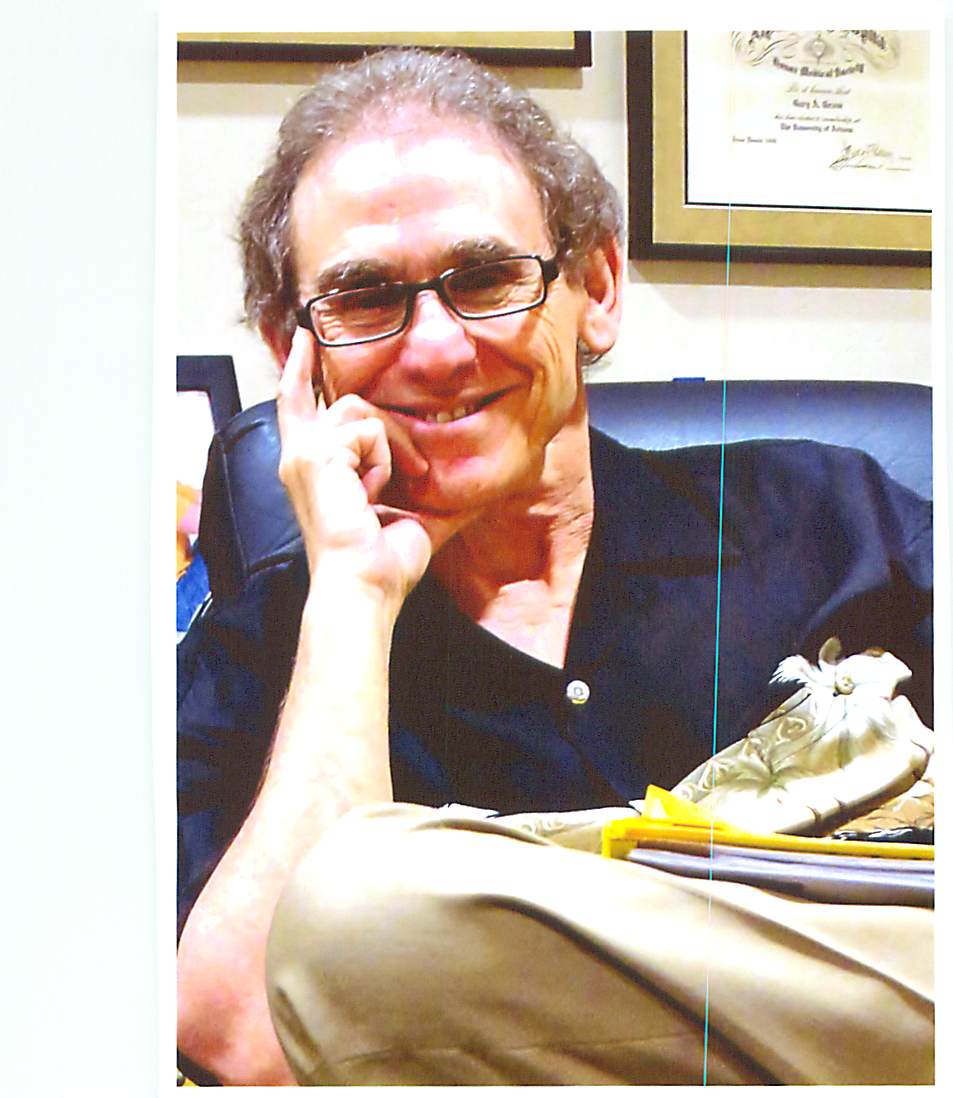
Thank you to Dr. Gary A. Grove, M.D., DLFAPA for taking the time to share his expertise on dementia with us. Dr. Grove is a Board Certified General and Geriatric Psychiatrist, and a Distinguished Life Fellow of the American Psychiatric Association. Dr. Grove is also certified as a Fellow by the American Society of Clinical Psychopharmocology. By implementing the biopsychosocial model, he uses both medical and psychotherapeutic techniques to treat the whole person. In addition to his private practice in Scottsdale, Arizona, Dr. Grove is on the academic staff at the Mayo Clinic and a former Board member for the Institute for Mental Health Research. He has again been named “Best Psychiatrist in Scottsdale/Paradise Valley ” by Arizona Foothills magazine and named a “Top Doc” by Phoenix Magazine.
As most of us are aware, “dementia” is a general term referring to a usually slowly developing global decline in brain function. It has also been referred to as “chronic brain failure,” to compare it to chronic failure of other organs, such as the heart, lungs, liver, or kidneys. There are many causes of dementia, the most common of which is Alzheimer’s disease, followed by vascular dementia, Lewy body disease, and frontotemporal dementia.
Most people are aware of the cognitive features of dementia, such as memory loss, but there is much more to it. I divide the issues into four dimensions, all of which need to be addressed. In fact, the noncognitve dimensions are the ones that lead to the most distress, nursing home placement, and costs. Moreover, there is more we can do for them than the cognitive deficits.
DIMENSION 1: COGNITION
Cognition is an important function of the brain and involves numerous capabilities—short-term memory; long-term memory; language; ability to perform tasks, make decisions, etc; orientation to self, time, place, and situation; and others. Which of these are affected depend on the underlying cause(s) of the dementia and how advanced it is. Unfortunately, our medications and other interventions are not very effective, at least not yet. Donepezil (Aricept) and related drugs help delay decline for a little while. Physical and mental exercise, as well as control of blood pressure, cholesterol and other cardiovascular factors have modest benefits.
DIMENSION 2: BEHAVIOR/EMOTIONS
People with dementia develop behavioral and other psychiatric symptoms, including depression, anxiety, apathy, agitation, aggression, and delusions. These are the most common causes of placement in a facility. Fortunately, both pharmacologic and behavioral interventions have been developed that can control these symptoms. Access to these interventions, however, can be a major obstacle.
DIMENSION 3: FUNCTION
Dementia decreases a person’s ability to perform life’s functions. These are usually divided into basic activities of daily living (BADL’s)—bathing, eating, toileting, dressing, etc.—and instrumental activities of daily living (IADL’s)—driving, cooking, handling finances, managing medications, etc. IADL’s deteriorate earlier, as they are more complex. With proper training and support, caregivers can learn to manage these and work around them. Physical, occupational, and speech therapists and other professionals can also be of help.
DIMENSION 4: CAREGIVER ISSUES
Dementia not only affects those with the disease, but those close to them as well. Caregivers have increased rates of psychiatric and other medical disorders, job and financial problems, and decline in quality of life. I encourage caregivers to pay attention to self-care, so as not to become collateral victims of their loved one’s dementia. Addressing their own well-being is beneficial both to them and the person suffering with dementia.
This has been a very brief overview. For further information, contact the Alzheimer’s Association or a professional with expertise in these areas.
